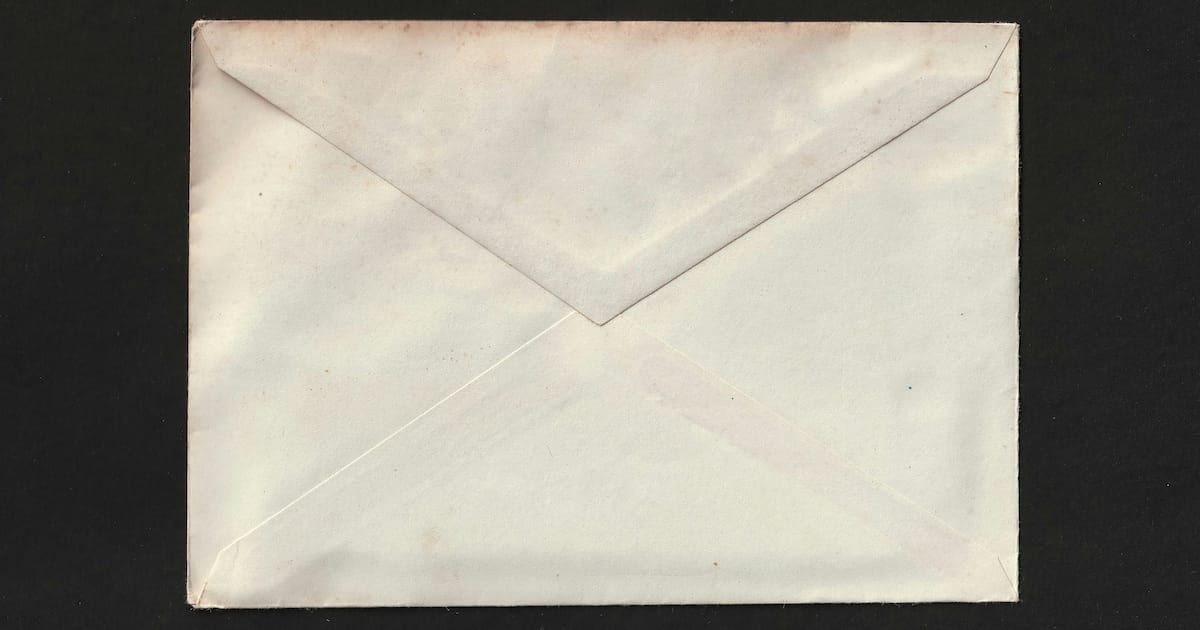This is a sneak preview of the next issue of The Forecast. To access future exclusive content, please upgrade your account.
“Do not pick up hitchhikers,” said the sign on the roadside, black letters on white metal, all caps. It’s a common sign around American prisons, but I didn’t know that at the time. “Who would pick up a hitchhiker?” I thought, looking twice.
I was riding in a car with my husband and two new friends. We had driven across the state on a cold and clear December day to visit Raul*, a man finishing a 10-year prison sentence. We didn’t know, exactly, why he was there. But let me tell you why I was there.
For years I’d known that mass incarceration was bad, that it was merciless, that it buried people underground, sometimes for life. So when a man from my church—one of my new friends in the car—decided to start a One Parish One Prisoner group, I joined.
Founded in Washington state, One Parish One Prisoner (OPOP) asks: What if every church entered into a relationship with one person in prison, welcoming them home after they’d served their time? How would it transform people and their capacity for trust?
The night of our kickoff meeting, I thought a lot about trust. Raul had written a letter to all of us, a handful of volunteers from a church, not knowing the first thing about us. And we didn’t know much about him. OPOP doesn’t tell you how people ended up in prison, and it tells you not to google it. Reason being: it’s better to befriend people as they are today, not as defined by the worst thing they’ve ever done.
Near the end of the meeting, the organizers gave us paper, stamped envelopes, and 15 minutes to write our first letters to Raul. I wrote a short note expressing the most basic information about myself—I’m the same age as you, I’m doing this with my husband, we hope you’re doing okay in there.

As the 15-minute mark approached, I debated whether to put my home address on the envelope. Doing so would violate a general rule inculcated in me from youth: don’t tell criminals where you live. But I did the trusting thing. In my neatest hand, I wrote my address down.
By the time we were driving up to the prison in December, I’d exchanged dozens of letters and emails with Raul. I’d learned that he was brought to the U.S. as a child; that he grew up in the city where I was living now; that he was almost approved for DACA when his arrest upended his life; that he was a gifted writer and illustrator. He was one of the most resilient and faithful people I’d ever met.
In prison, he prayed for friends. He got them. So did I. That’s the OPOP mission. Together with your neighbors, you befriend someone in prison and work with them to secure the makings of a stable life: an apartment, a job, a bank account. On the day of their release, you’re there in the parking lot as they walk out of the gates. You take them out for their first meal on the outside. You sit with them as they readjust to the expansiveness of the world.
Do not pick up hitchhikers. Do not talk to strangers. Growing up in the U.S.—a country where our appetite for lurid news belies our general decency—many of us are taught that our orientation to society should be one of caution, that it’s wise to put distance between ourselves and those we don’t know.
But the distance you put between yourself and other people is the distance you put between yourself and God. When you close the gap, you feel the difference, like some dark matter has been displaced. You can feel it in small moments, like when someone flashes their brights and you realize you were driving with your headlights off. Maybe you’ve felt it in conversation with a cab driver, or when your plane is rolling to its gate and the person seated next to you asks you if this is home.
I felt it in OPOP. The experience changed me. It taught me to live with less fear and more faith. It helped me get to know people, especially during those long drives to the prison. Three hours there, three hours back. In between, four hours on hard plastic stools bolted to the floor, getting to know a soul that the system failed to break.
Welcoming the stranger, loving your neighbor—sometimes it looks like a short letter, a long drive, a leap of faith. That’s what I picked up on the side of the road.
*Raul is a pseudonym, to protect the subject’s privacy.
